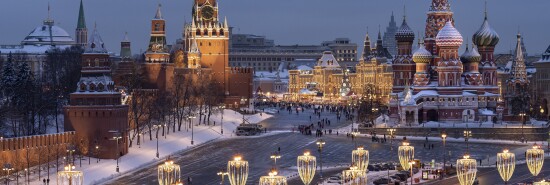
History shows that taking Moscow is rarely easy
Aidan Springs
Video Embed
On June 23, Russia’s Wagner Group, a private military company created by the Kremlin, turned on Vladimir Putin and marched toward Moscow. Wagner’s leader, Yevgeny Prigozhin, claimed his coup attempt was born of a patriotic desire to restore honor to the Russian military leadership.
Prigozhin abruptly suspended his march after mediation efforts by Belarusian President Alexander Lukashenko. Still, these events have thrown a major question mark over the long-term stability of Putin’s regime.
FIVE CONTROVERSIAL AMENDMENTS COMPLICATING MCCARTHY’S JOB OF PASSING THE NDAA
Indeed, the last time anything comparable to the Wagner coup occurred was in 1991. During the collapse of the Soviet Union, Russia experienced a brief state of civil war. A mix of Soviet hardliners attempted to halt the Union’s collapse by staging a coup d’etat and even firing upon the Russian Parliament. This wasn’t Russia’s first coup attempt, of course. Not by a long shot.
While the Russian Revolution of 1917 is of obvious note here, what shortly thereafter followed the revolution also bears note.
In late 1917, Russia was a nation on the brink of collapse. As Lenin’s revolutionaries consolidated power, the “Whites,” a group of royalists, nationalists, and various other anti-Lenin elements, organized to contest the new regime. The bulk of their fighting force came from the Russian Army’s officer class.
CLICK HERE TO READ MORE FROM THE WASHINGTON EXAMINER
In the summer of 1919, the Whites mounted their greatest offensive yet: A march on Moscow. The Whites were led by General Anton Denikin and, at least for a time, appeared likely to succeed in taking the Russian capital. But Denikin made a fatal error: He was unable to protect his supply lines and was thus forced into slowing his advance and then a retreat.
The lesson, as also learned by Napoleon and Hitler? Taking and holding Moscow is rarely easy.
Aidan Springs is a rising Junior at American University and a current National Journalism Center intern.
